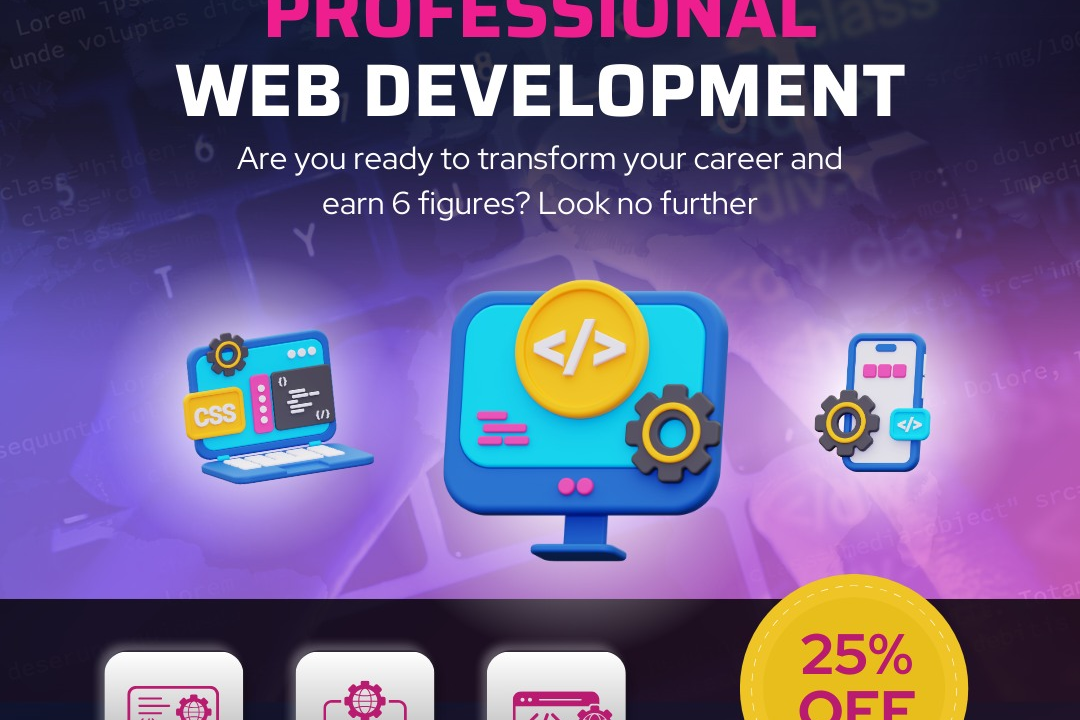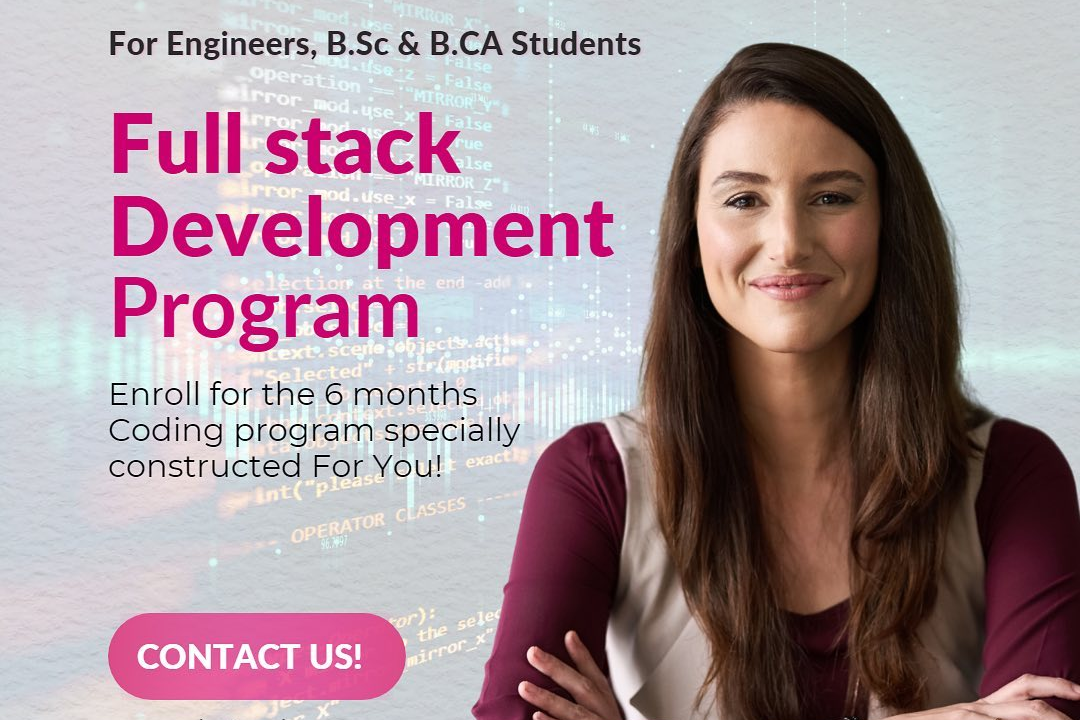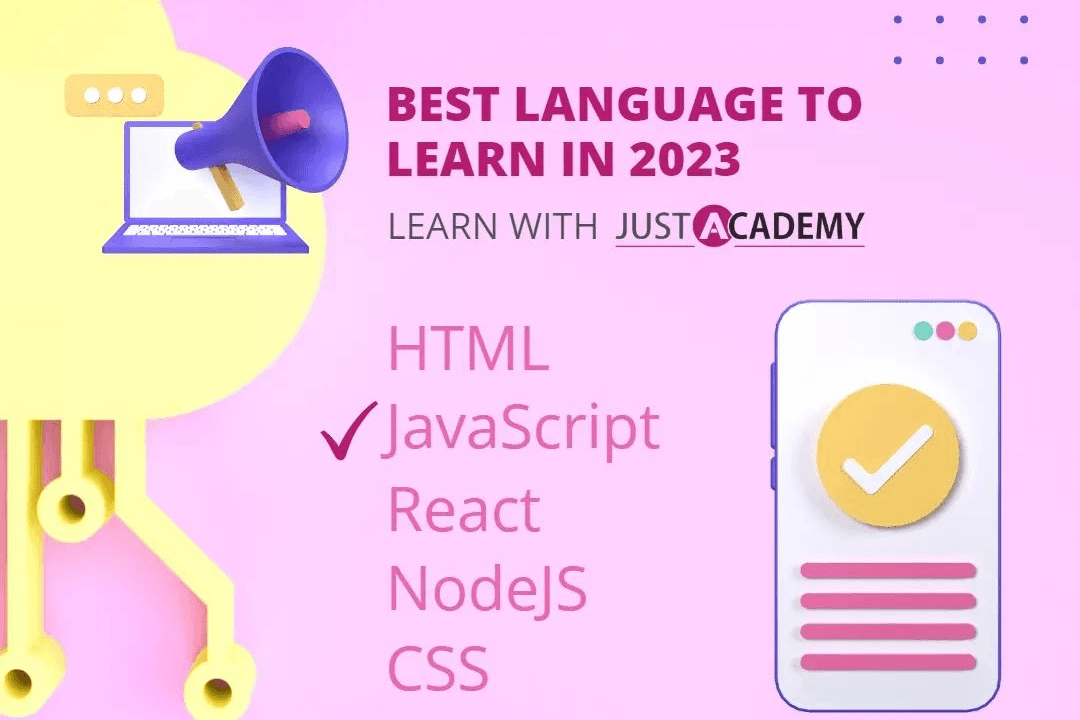Laravel Interview Questions Filetype Pdf
Essential Laravel Interview Questions and Answers in PDF Format
Laravel Interview Questions Filetype Pdf
The “Laravel Interview Questions” PDF file serves as a valuable resource for both candidates preparing for job interviews and employers seeking to assess potential hires. This document typically compiles a diverse range of questions on Laravel, covering essential concepts, advanced topics, best practices, and real-world applications. By utilizing this resource, candidates can effectively reinforce their knowledge, practice articulating their thoughts on complex subjects, and identify areas for improvement. For employers, it provides a structured framework to evaluate a candidate’s proficiency and understanding of Laravel, enabling informed hiring decisions. This targeted preparation can significantly enhance confidence and performance during interviews, making it an indispensable tool in the job application process.
To Download Our Brochure: https://www.justacademy.co/download-brochure-for-free
Message us for more information: +91 9987184296
Certainly! Here are 15 common Laravel interview questions along with brief answers:
1 - What is Laravel?
Laravel is an open source PHP framework designed for web application development following the MVC (Model View Controller) architectural pattern, aimed at making the process easier and more efficient.
2) What are the key features of Laravel?
Key features include Eloquent ORM, Blade templating engine, routing, middleware, security features (such as CSRF protection), and built in tools for unit testing.
3) Explain the concept of Middleware in Laravel.
Middleware in Laravel acts as a filter for HTTP requests entering your application, allowing you to execute code before or after a request is handled, such as authentication checks or logging requests.
4) What is Eloquent ORM in Laravel?
Eloquent ORM is Laravel's built in Object Relational Mapping tool that provides an active record implementation for working with your database, allowing you to interact with your database through model classes.
5) How does Laravel handle routing?
Laravel routing allows you to define application routes in the `routes/web.php` file using a simple and expressive syntax, enabling you to manage application URLs and their corresponding actions easily.
6) What is Blade templating in Laravel?
Blade is Laravel's native templating engine that allows you to create dynamic HTML templates using a simple syntax, making it easy to include and extend templates with features like template inheritance.
7) What is a Service Provider in Laravel?
A Service Provider is a central place to configure and bootstrap the various components of a Laravel application, allowing you to register services, bind classes to the service container, and perform other initialization tasks.
8) Explain the purpose of the .env file in Laravel.
The .env file is used to manage environment specific configuration settings for a Laravel application, such as database connection credentials, enabling easy changes without altering the source code.
9) How does Laravel implement migrations?
Laravel migrations provide a version control system for your database schema, allowing you to create and modify tables and columns programmatically using PHP code, which can be easily shared across environments.
10) What is API Resource in Laravel?
API Resources in Laravel provide a way to transform models into JSON format, allowing easy construction of custom responses for API endpoints while ensuring consistency in output.
11 - What are Jobs and Queues in Laravel?
Jobs are units of work that can be queued for later execution, while Queues in Laravel handle the process of deferring the execution of tasks, allowing applications to handle extensive workloads asynchronously.
12) How do you validate form data in Laravel?
Laravel provides an easy to use validation feature that can be implemented using validation rules within the controller or through custom request classes, ensuring that incoming data meets specified criteria.
13) What is CSRF protection in Laravel?
Cross Site Request Forgery (CSRF) protection in Laravel prevents unauthorized actions on behalf of authenticated users by generating and validating CSRF tokens for form submissions and AJAX requests.
14) How can you manage sessions in Laravel?
Laravel session management can be easily handled through various drivers (file, cookie, database, etc.), providing a convenient way to store user data across multiple requests, supporting both security and scalability.
15) Explain the concept of RESTful controllers in Laravel.
RESTful controllers in Laravel provide a set of predefined methods corresponding to HTTP verbs (GET, POST, PUT, DELETE), allowing developers to organize their application logic for CRUD operations in a structured manner.
These questions and answers provide a comprehensive overview of Laravel topics that are often discussed during interviews, equipping both candidates and interviewers with key insights into Laravel's framework capabilities.
Here are additional points and Laravel interview questions with brief explanations to enhance your understanding of the framework:
16) What is Dependency Injection in Laravel?
Dependency Injection is a design pattern used in Laravel to achieve inversion of control, allowing classes to receive their dependencies from an external source (such as the service container) rather than hard coding them internally.
17) What is the purpose of the `artisan` command in Laravel?
Artisan is the command line interface included with Laravel that provides numerous helpful commands for application development, such as generating boilerplate code, running migrations, and seeding databases.
18) How do you handle error and exception handling in Laravel?
Laravel offers built in error handling through the `App\Exceptions\Handler` class, which allows for customizing response messages and statuses for various exceptions, ensuring that users receive meaningful feedback.
19) What are the different types of relationships in Eloquent?
Eloquent supports several relationship types, including one to one, one to many, many to many, polymorphic, and has many through, enabling developers to establish relationships between models efficiently.
20) What is the purpose of route model binding in Laravel?
Route model binding automatically resolves Eloquent models based on the incoming request's route parameters, simplifying the process of fetching model instances without writing additional queries.
21 - Explain the use of `$fillable` and `$guarded` in Eloquent models.
In Eloquent models, the `$fillable` property allows you to define which attributes can be mass assigned, whereas `$guarded` allows you to specify which attributes should be protected from mass assignment, enhancing security against unwanted data changes.
22) How does Laravel handle localization?
Laravel provides localization support for creating multilingual applications through language files stored in the `resources/lang` directory, allowing developers to define and retrieve translations based on the user's locale.
23) What are events and listeners in Laravel?
Events are a way to implement the observer design pattern in Laravel, allowing you to decouple different parts of your application. Listeners respond to these events, enabling the execution of code when specific actions occur.
24) How do you use query scopes in Laravel?
Query scopes allow you to encapsulate common query logic within Eloquent models, enabling you to define reusable query conditions (local and global scopes) that can be easily applied when querying the database.
25) What is the purpose of the `config` directory in Laravel?
The `config` directory contains configuration files for various components of the Laravel application, allowing you to customize behaviors such as database connections, mail services, and caching mechanisms.
26) How do you implement caching in Laravel?
Laravel supports multiple caching backends (e.g., file, Redis, Memcached) and provides simple methods to cache application data, helping improve performance by storing frequently accessed data for quick retrieval.
27) What is custom validation in Laravel?
Custom validation allows developers to create their validation rules by extending Laravel's built in validation system through custom rule classes, enabling complex validation logic tailored to specific application requirements.
28) How do you implement file uploads in Laravel?
Laravel simplifies file uploads with an easy to use file storage system that handles storage paths, file validation, and file retrieval, allowing for secure handling of uploaded images, documents, and other file types.
29) What is the purpose of the `broadcasting` feature in Laravel?
Broadcasting in Laravel allows real time communication between the server and clients using technologies like WebSockets, enabling real time features like chat applications, notifications, and live updates.
30) How do you manage user authentication in Laravel?
Laravel provides a built in authentication system that includes features like login, registration, password resets, and email verification, allowing developers to implement user authentication easily through the use of controller methods and middleware.
These additional points offer a more significant range of expertise on Laravel topics, equipping both applicants and interviewers with deeper insights for discussions during the interview process.
Course Overview
The “Laravel Interview Questions” course offered by JustAcademy is designed to equip participants with a comprehensive understanding of Laravel, one of the most popular PHP frameworks. This course focuses on commonly asked interview questions, covering essential concepts such as routing, Eloquent ORM, middleware, and dependency injection. Participants will engage in practical exercises and real-time projects to reinforce their knowledge and improve their problem-solving skills. By the end of the course, learners will not only be prepared to tackle technical interviews confidently but also possess the hands-on experience needed to excel in Laravel development roles. A downloadable PDF containing all interview questions and answers will be provided, serving as a valuable reference for future study and preparation.
Course Description
The “Laravel Interview Questions PDF” course offered by JustAcademy is meticulously crafted to prepare aspiring developers for interviews in the dynamic field of web development using the Laravel PHP framework. This course provides an extensive compilation of frequently asked interview questions, covering vital topics such as routing, authentication, Eloquent ORM, middleware, and more. Participants will not only gain theoretical insights but will also engage in practical scenarios that reinforce their learning. By downloading the comprehensive PDF resource, learners can conveniently review and study critical concepts, ensuring they are well-equipped to demonstrate their skills and knowledge during interviews and succeed in their Laravel development careers.
Key Features
1 - Comprehensive Tool Coverage: Provides hands-on training with a range of industry-standard testing tools, including Selenium, JIRA, LoadRunner, and TestRail.
2) Practical Exercises: Features real-world exercises and case studies to apply tools in various testing scenarios.
3) Interactive Learning: Includes interactive sessions with industry experts for personalized feedback and guidance.
4) Detailed Tutorials: Offers extensive tutorials and documentation on tool functionalities and best practices.
5) Advanced Techniques: Covers both fundamental and advanced techniques for using testing tools effectively.
6) Data Visualization: Integrates tools for visualizing test metrics and results, enhancing data interpretation and decision-making.
7) Tool Integration: Teaches how to integrate testing tools into the software development lifecycle for streamlined workflows.
8) Project-Based Learning: Focuses on project-based learning to build practical skills and create a portfolio of completed tasks.
9) Career Support: Provides resources and support for applying learned skills to real-world job scenarios, including resume building and interview preparation.
10) Up-to-Date Content: Ensures that course materials reflect the latest industry standards and tool updates.
Benefits of taking our course
Functional Tools
1 - Laravel Framework: The core of the Laravel Interview Questions PDF is built around the Laravel framework itself. Laravel is a popular PHP framework known for its elegant syntax and robust features. It allows developers to create modern web applications efficiently. Students will gain a strong understanding of Laravel's architecture, routing, middleware, and MVC (Model View Controller) design pattern, all of which are crucial for effective application development.
2) Composer: Composer is a dependency management tool for PHP, which is essential for managing the libraries and packages used in Laravel applications. In the training program, students will learn to install Laravel using Composer and manage its dependencies. Understanding Composer helps in creating a smooth development environment, and students can see firsthand how it streamlines the process of integrating components into their projects.
3) Artisan Command Line Interface (CLI): Artisan is Laravel's built in command line interface, which simplifies tasks such as database migrations, testing, and running application specific commands. The PDF includes questions related to Artisan, allowing students to explore how to utilize this powerful tool to automate repetitive tasks in their development workflow. Mastery of Artisan is essential for enhancing productivity while working with Laravel.
4) Database Management Systems (DBMS): Laravel works with various database management systems, including MySQL and PostgreSQL. The interview questions will cover how Laravel interacts with databases through Eloquent ORM (Object Relational Mapping) and Query Builder. Students will learn to perform CRUD (Create, Read, Update, Delete) operations efficiently. This knowledge is vital for any web developer working with data driven applications, emphasizing the importance of database mastery.
5) Unit Testing Frameworks: Testing is a critical part of the software development lifecycle, and Laravel supports various testing tools, including PHPUnit. The PDF highlights common interview questions regarding testing strategies and best practices in Laravel. Students will learn to write and run tests, ensuring their code functions as intended. This focus on testing fosters a quality first approach to development, enhancing students' capabilities as reliable developers.
6) Version Control Systems (VCS): Familiarity with version control systems, particularly Git, is essential for modern development workflows. The course will address how Laravel projects can be managed using Git for versioning, allowing students to understand the importance of collaborative development and code management. Mastery of Git empowers students to participate effectively in team based projects, making them more attractive to potential employers.
7) Integrated Development Environments (IDEs): Tools like PHPStorm and Visual Studio Code play a significant role in Laravel development. The course will explore how these IDEs enhance coding efficiency through features like code completion, debugging, and syntax highlighting. By understanding how to leverage these tools effectively, students can write cleaner, more efficient code, and maintain a high standard of software development practices.
8) API Development Tools: Laravel is often used for building APIs, and the training program will delve into tools such as Postman for testing API endpoints. Questions related to API development and integration are included in the PDF, allowing students to understand the process of creating, testing, and documenting APIs. This skill is increasingly important in today's tech landscape, where API driven architecture is prevalent in web development.
Here are additional key points and topics that can be included in the Laravel Interview Questions PDF to enhance the training material:
9) Middleware: Middleware plays a crucial role in filtering HTTP requests entering your application. The training will cover how to create and use middleware in Laravel, exploring scenarios such as authentication, logging, and CORS (Cross Origin Resource Sharing). Understanding middleware allows students to implement custom logic that can manipulate requests and responses, which is essential for building secure web applications.
10) Routes and Route Parameters: Routing is a fundamental concept in Laravel, helping to direct traffic within the application. The course will focus on defining routes, route parameters, and route groups. Students will learn how to create resourceful routes and employ route names for easier management. Mastering routing is vital for building intuitive and user friendly applications.
11 - Blade Templating Engine: Blade is Laravel's powerful templating engine that simplifies the creation of dynamic views. The PDF will include questions on Blade syntax, template inheritance, and the use of components. Students will discover how Blade enhances the separation of concerns between controllers and views, facilitating smoother development processes.
12) Eloquent ORM: Laravel's Eloquent ORM simplifies database interactions. The course will delve into relationships (one to one, one to many, many to many), scopes, and model events. Understanding Eloquent allows students to utilize Laravel’s expressive syntax when querying the database, leading to cleaner and more maintainable code.
13) File Storage: Laravel provides a unified API for various storage systems, including local, S3, and FTP. The PDF will cover how to configure and use the file storage features in Laravel, including uploading, storing, and retrieving files. This competency is crucial for applications that handle media uploads or file management systems.
14) Queue Management: Understanding how to handle tasks asynchronously is essential for developing responsive applications. The training will introduce Laravel's queue system, covering its configuration, job creation, and workers. This knowledge allows students to improve application performance by offloading tasks that don't need to be executed in real time.
15) Event Driven Architecture: Laravel’s event broadcasting system enables the development of responsive applications that react to user actions or system events. The PDF will provide insights into the event and listener concepts, showcasing how events can help in decoupling application components.
16) Security Features: Laravel comes with built in security features to help protect applications from threats. The material will cover topics such as CSRF (Cross Site Request Forgery) protection, data validation, and password hashing. A strong focus on security practices ensures that students can build applications that are robust against common vulnerabilities.
17) API Resource Classes: When building APIs, resource classes streamline the response format of JSON data. The training will discuss how to create API Resource responses and the importance of transformation layers in making sure the API is consistent and user friendly.
18) Laravel Telescope and Debugging Tools: Telescope is a debugging assistant for Laravel applications. The PDF will include questions on how to set up and use Telescope to monitor requests, exceptions, and logs. Understanding debugging tools enhances students' ability to identify and resolve issues efficiently.
19) Localization and Internationalization (i18n): Laravel provides features for creating applications that can support multiple languages. The course will address how localization works via language files and how to configure the application for different regions. This competency is essential for developers aiming to build global applications.
20) Deployment Strategies: Knowledge of how to deploy Laravel applications is critical. The training will cover various deployment options, including shared hosting, VPS setups, and utilizing services like Forge or Envoyer. Understanding the deployment process equips students with the skills needed to manage Laravel applications in a production environment.
Including these points in the Laravel Interview Questions PDF will provide students with a comprehensive understanding of the framework and prepare them effectively for interviews and real world application development.
Browse our course links : https://www.justacademy.co/all-courses
To Join our FREE DEMO Session:
This information is sourced from JustAcademy
Contact Info:
Roshan Chaturvedi
Message us on Whatsapp:
Email id: info@justacademy.co












